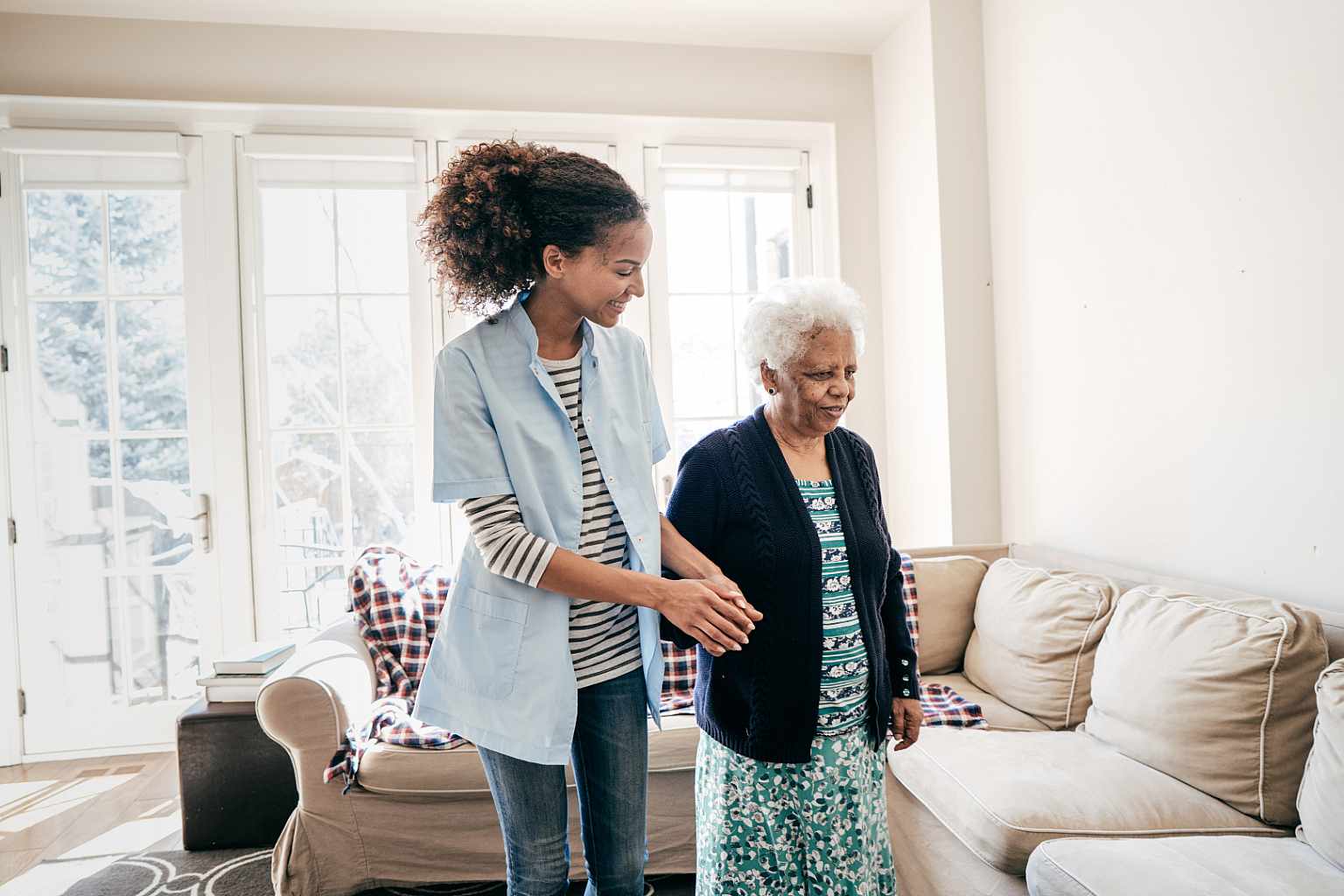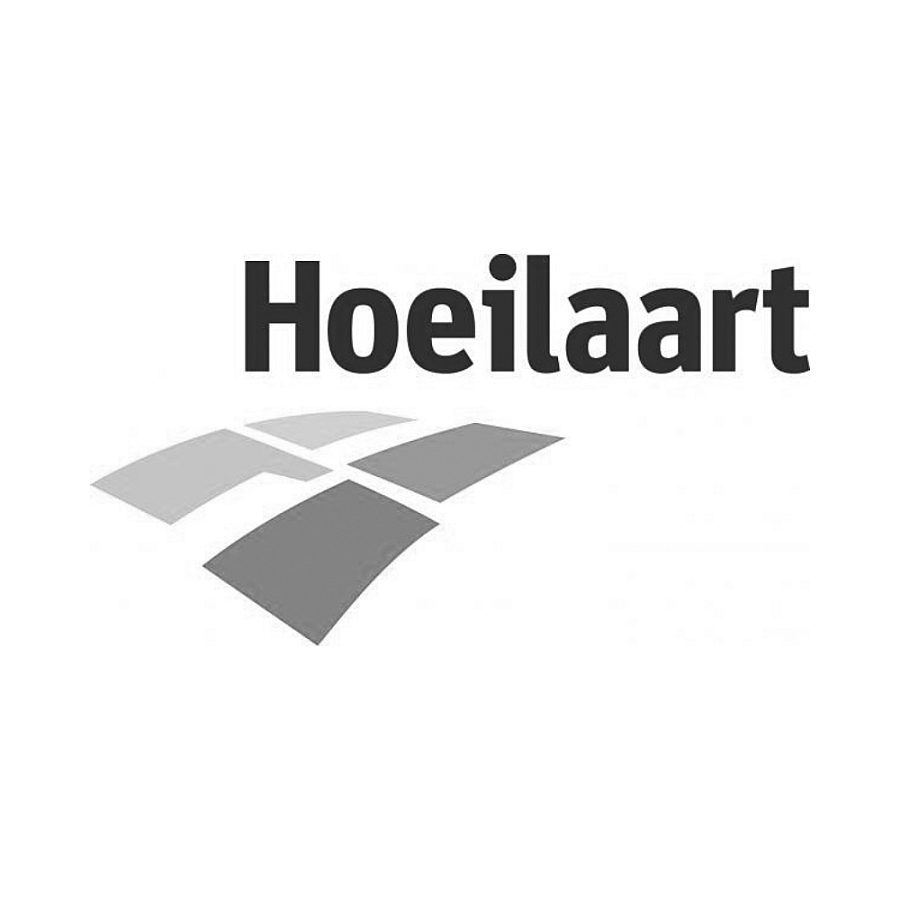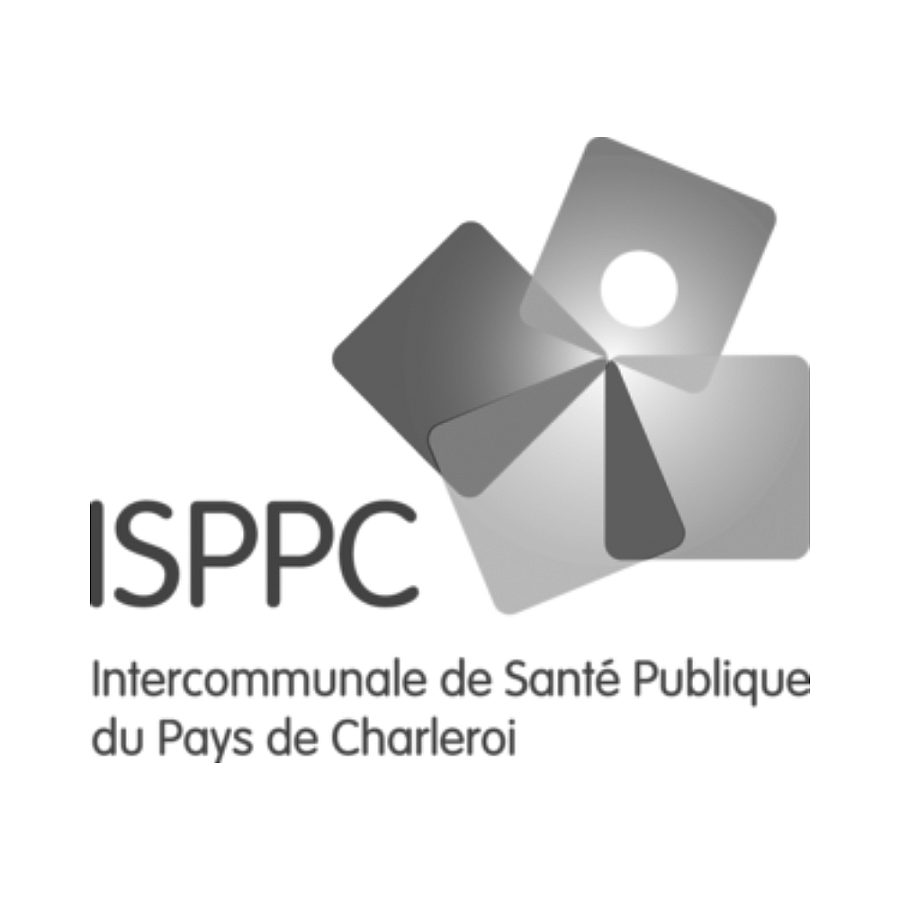The most reliable fall detection & prevention solution
Better quality of life for everyone

-
+ 400
falls occur annually on average in a nursing home of 80 beds
-
2/3
of these falls are not documented or simply not known
-
50%
of these falls result in some sort of trauma
Mintt is the service your team deserves.
Fall detection, analysis and prevention for the elderly. Learn more about our innovative solution to the problem of falls in nursing homes and hospitals.
Fall detection, analysis and prevention for the elderly. Learn more about our innovative solution to the problem of falls in nursing homes and hospitals.
Let us work FOR and WITH you
-
Fall detection
As soon as a fall is detected, an alert is sent immediately and automatically to the nursing staff, which reduces significantly the reaction time.
Read more -
Bed exit detection
The system detects when a patient gets out of bed and prevents a fall by alerting the medical staff.
Read more -
Absence detection
The system sends an alert to the medical staff when the patient is absent for a significant amount of time.
Read more -
Close follow-up
The close follow-up feature, symbolised by an eye icon, allows you to see what is happening in the room in real time while respecting the privacy of the senior.
Read more -
Activity Monitoring
Our kiosk can be accessed via any screen; ideally a mobile screen placed in a prominent position at the nurse's station.
Read more -
Fall analysis
The anonymised sequences of falls can be reviewed by the medical staff to better understand the circumstances of the fall.
Read more
Together against falls
Our fall detection sensors use an automatic fall detection system to alert caregivers quickly of a fall. Mintt's fall detection device minimises false alarms while providing reliable and accurate fall detection. With our fall detection technology, individuals and their loved ones can take proactive measures to prevent falls in nursing homes and other care facilities.
Indeed, mintt's fall detection technology provides peace of mind for family members and caregivers worried about fall-related injuries. Centers for Disease Control and Prevention (CDC) have identified fall syndrome as a severe health risk and a leading cause of hip fractures. Risk factors leading to a fall can include age, chronic illness, and mobility issues, and that's why Mintt solution plays a crucial role in fall management and prompt post-fall care.

What do healthcare professionals think?
Browse through our clients testimonials.
-
It is a very precise cutting-edge technology that allows us to act quickly and make specific interventions since we can analyse the causes of the fall.”
Patrick Dewaele
Nurse manager
CHwapi - Tournai -
Its analysis aspect allows us to make very precise diagnoses. For us physiotherapists, it is a very valuable tool because it helps refine our treatments.”
Fanny Fontaine
Physiotherapist
Les buissonnets - Saint-Vaast -
Thanks to these sensors, we can react quickly and limit the physical and psychological effects of the fall.”
Luc Maris
Head nurse
Hof ten Doenberghe - Hoeilaart -
Families feel reassured. We notice that our residents feel more confident in their daily lives and regain their independence.”
Stéphanie Crucq
Director
Rest home La Rose, Anderlecht -
At night, residents can easily fall. The advantage of this system is that we are alerted and can intervene immediately when residents get out of bed.”
Samuel Muhayimana
Geriatric unit outreach manager
Chirec - Brussels -
We can guarantee the resident and his family customised safety while respecting privacy. It is an easy and simple to operate system. Our care team and the board are convinced.”
Ann Dobbelaere
Physiotherapist
De Ril - Middelkerke -
The system allows us to study the elements of the fall and to work on personalised prevention with the fall committee.”
Anthony Delfosse
Head Nurse
EpiCURA

Newsletter
Why use Mintts solution?
-
Improve the quality of care
-
Reassure the patient and their families
-
Respect everyones privacy
-
Support the medical staff in their work
Trusted by
Our latest news
-

- Press
Opting for Innovation: Reasons to choose Mintt Technology
Mintt, at the forefront of technological innovation, is redefining the way we approach the safety and well-being of the elderly.
06 Dec 2023
-

- Press
From Idea to Reality: Behind the Scenes of Peak Sensor Development at Mintt
At Mintt, it all began with a heartbreaking personal story. One of our founders saw his beloved grandmother lying on the ground for hours after a fall, and it clicked.
04 Dec 2023
-

- Prevention & Detection
Overcoming Challenges: Between Technology and Ethics in the world of Fall Detector Sensors
Fall detection sensors play an essential role in the safety of our elderly, but their deployment is not without its challenges.
29 Nov 2023



























